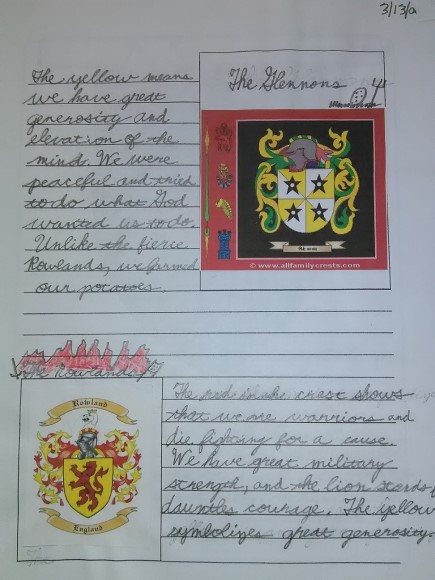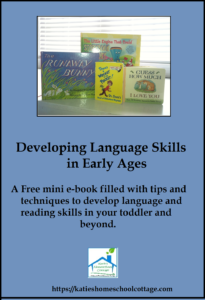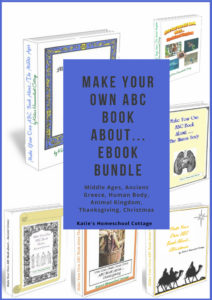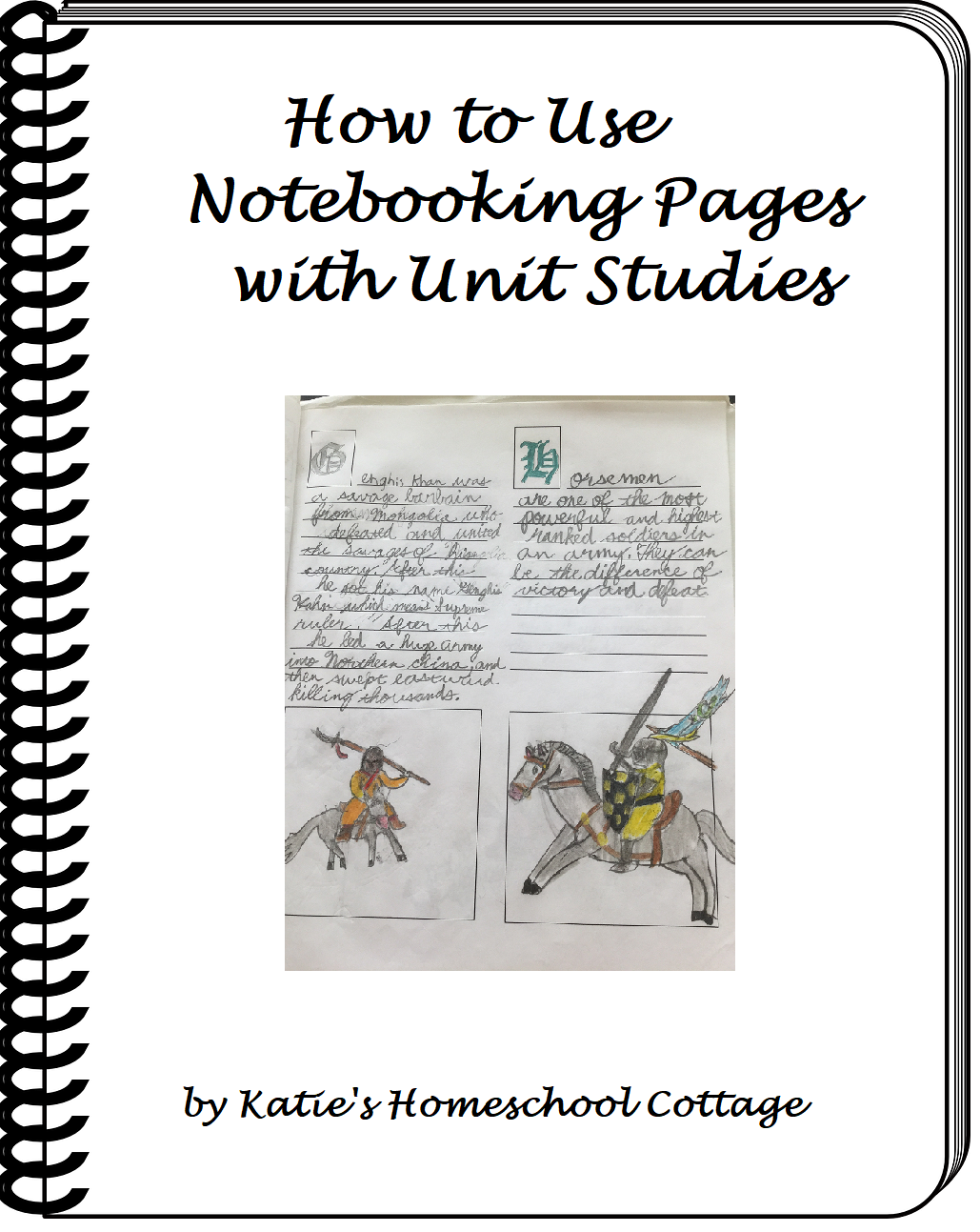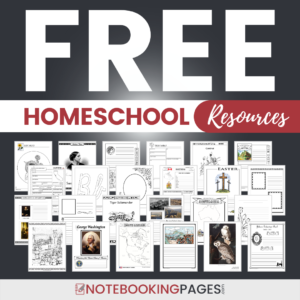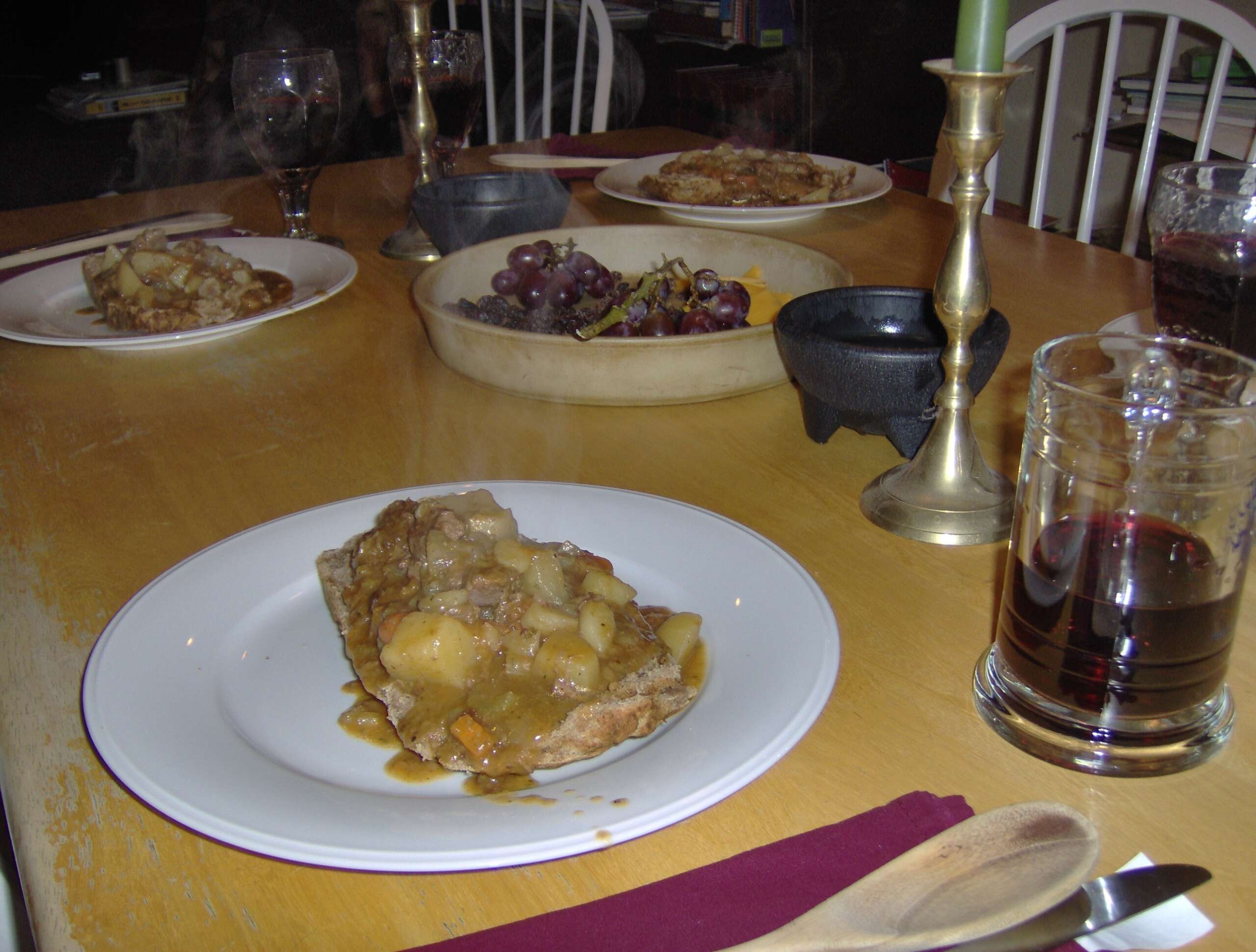Using Narration and Notebooking in your Homeschool to Develop Writing Skills
There are 3 reasons to use notebooking pages when practicing writing skills.
We have used narration and notebooking in our homeschool for years! It was the method I used to get both my boys writing papers. They moved from the “deer caught in headlights” look on their faces staring at a blank page to looking forward to sharing their newly found knowledge about whatever topic we were studying about at the time.
For information about developing language skills in the early years and practicing telling a story while “mom” writes the story down to develop the connection of oral and written words, make sure to request the free ebook Developing Language Skills in Children Naturally
How We Did It
We combined oral narration and written narration to write notebooking pages.
After reading from assorted books together in science, history, or literature, we would orally narrate what we just read.
For my younger son, he would repeat his narration of what he remembered from what we read aloud to me one sentence at a time and write it down as he said it to me.
My older son would do this with a few sentences at a time.
This practice got them over the hurdle of what to write about and how to say it. Taking their natural conversation skills and putting them down on paper helped them retain their natural “voice” and put it on paper.
3 Top Reasons We Used this Narration Process and Notebooking Pages
After using these techniques routinely, my oldest was able to place out of Freshman English in college because of his Writing test scores. I attribute that to the routine practice of our notebooking methods.
Before we were able to do this with my younger son, we used Dianne Craft’s materials (that I have mentioned previously) to overcome “blocked writing gates” and issues with physically writing and transversals. See Daily Lesson Plan for the Struggling Writer and Speller at Dianne Craft’s website and her other articles and her shop to help your child with learning challenges he/she may be experiencing.
We used her Brain Integration Therapy from her Shop; some of these techniques are mentioned in the article above. We also purchased her Story Multiplication Flash Cards, since my son is a very right brain thinker.
The Brain Integration Therapy thoroughly helped him in getting over the challenge of putting pencil to paper and the practice of narration and notebooking pages moved him to be able to write first one sentence to entire papers where he now needs to go back and take out too much information.
Reason Number 1 – Organization of Thoughts
With our oral and written narration with notebooking pages, writing became less intimidating and more fun to discuss what we were learning about.
The practice of speaking aloud or narrating allowed my sons to organize their thoughts as they spoke about our reading and then write about it.
This organization of thoughts as you write is half the battle in communicating and writing effectively. We all do it most of the time in conversation naturally, but we freeze when we have to put it on paper.
Practicing this habit of formulating and organizing thoughts before putting them on paper became easier the more we did this over time.
Using notebooking pages made this less intimidating than starting out with a blank piece of lined 3-hole punched notebook paper.
My guys would write as they narrated to me and then illustrate their topic at the top of the notebooking page as the reward for their hard work in writing.
Placing these pages in a 3 – hole notebook gave them a tangible proof of their efforts and their abilities, and something they felt was a reward as they would page through it and show it off to dad or grandparents.
Bundle of Notebooking Pages to Use for Different History and Science Studies
I have a number of notebooking page sets for different time periods in history and topic areas for science that you can get separately or purchase them all in a bundle at a lower price – Make Your Own ABC Book Bundle Set
Reason Number 2 – Practice and Expansion of Vocabulary
I attribute the expansion and regular usage of a broad vocabulary to our practice of narration and writing our notebooking pages.
Children have broader vocabularies when they are exposed to broader vocabularies. Reading aloud and hearing the vocabulary in Living Books, then having the children use that vocabulary in oral and written narration allows the children to use and “own” those words as they can move from simply giving you an idea of what a word means to actually using it in their own sentence.
Writing these notebooking pages gave my guys the opportunity to own lots of new words and get in the practice of using that word naturally when discussing or writing about the topics we were studying.
As they were writing, we did not stress how to spell the words correctly. I would take note of those words they spelled incorrectly and include them into a spelling list for practice later, through copywork and other exercises.
You will want to download this e-book for how to use notebooking pages with your unit studies to practice these important skills and add writing and research to your unit study!
How to Use Notebooking Pages with Unit Studies Free E-Book
Reason 3 – Practice in Supplying Details from a Source
The practice of being able to supply and write about details of a given topic from a source we read prepared my guys for high school and especially for my son in college.
This practice of being able to go back into a source was also valuable during later elementary and middle school years when they were asked a question when reviewing material and answering those questions.
Analysis and backing up your statements with details from sources becomes a significant skill in the upper grades and in college.
Requiring them to do this on their notebooking pages as we wrote about our topics gave them the practice they needed in this skill.
We are more relaxed in our approach to Charlotte Mason’s methods, so in their narrating practice, if they needed to look back at what we just read as they wrote, I would allow them to find specific details if they could not quite remember everything they wanted to write about it. (In pure Charlotte Mason, this is discouraged.)
They would locate the information in the text and resume their writing, making sure not to copy the book and write the information in their own words.
This practice would benefit them later when they moved into writing research papers and paraphrasing their research in their own words.
Locating details in the text also helped them when writing papers for Literature when they had to quote a sentence or passage to support a point they were writing about for a paper.
This is something that my college son has had to do for every subject he has taken so far except Math. So, this skill has definitely benefited him.
Get over 3,000 notebooking pages for free at Notebookingpages.com!
So, now that you have heard our story about why we are enamored by the use of notebooking pages, please share your story and how you have used notebooking pages and what benefits you have seen!
Or, if you know someone who could benefit from these ideas, please share! (There are buttons below to use if you want!)
Here are some more ideas we have used with notebooking pages –
Notebooking Pages are a Homeschooler’s Best Friend
How We Use Notebooking Pages in our Homeschool Days
Adventures with Notebooking and Nature Study and Nature Walks



